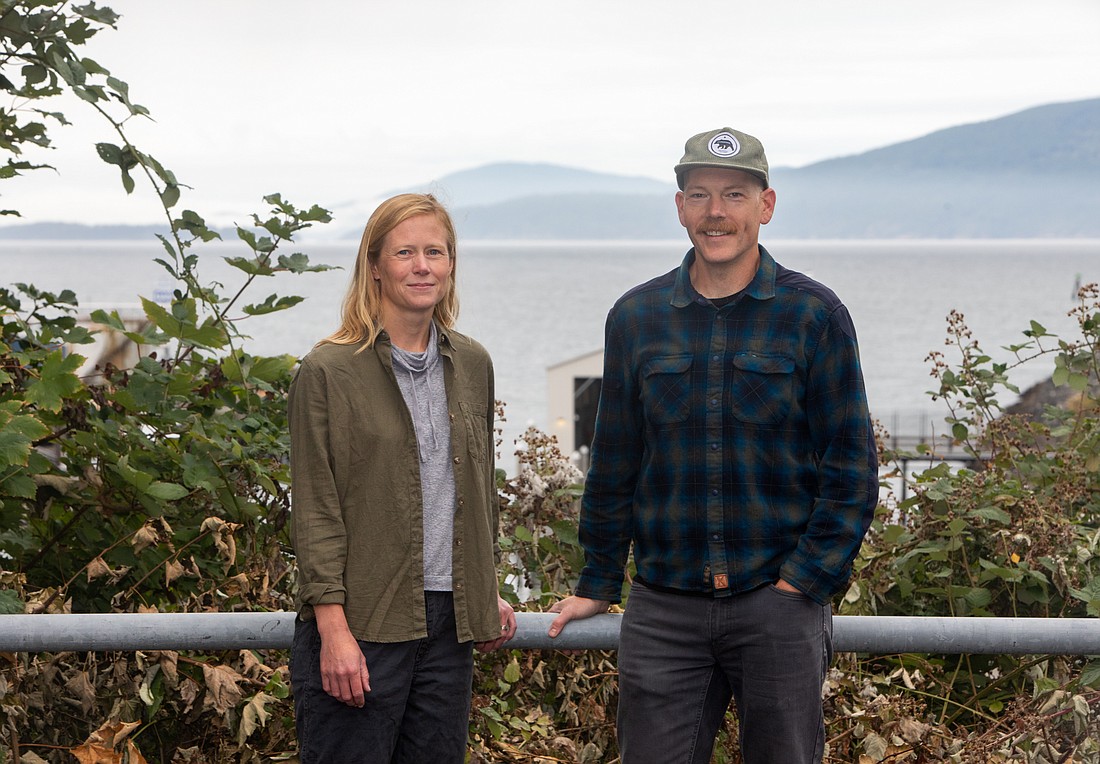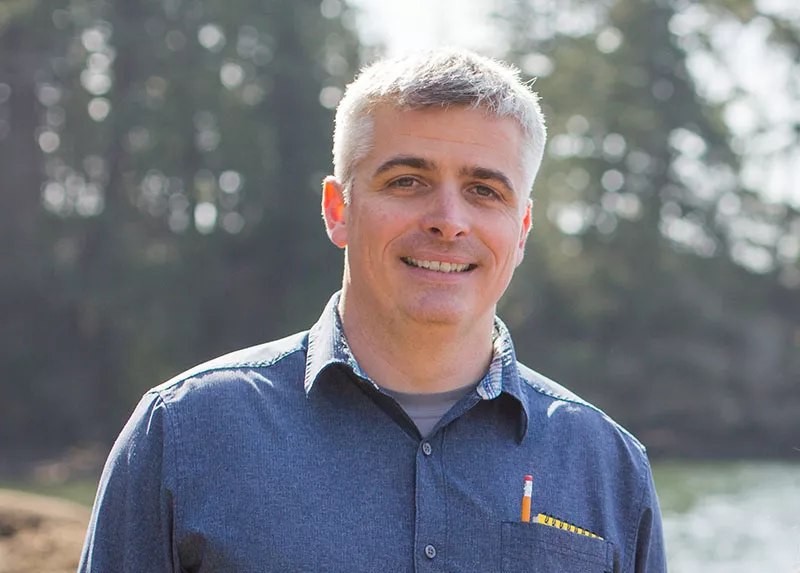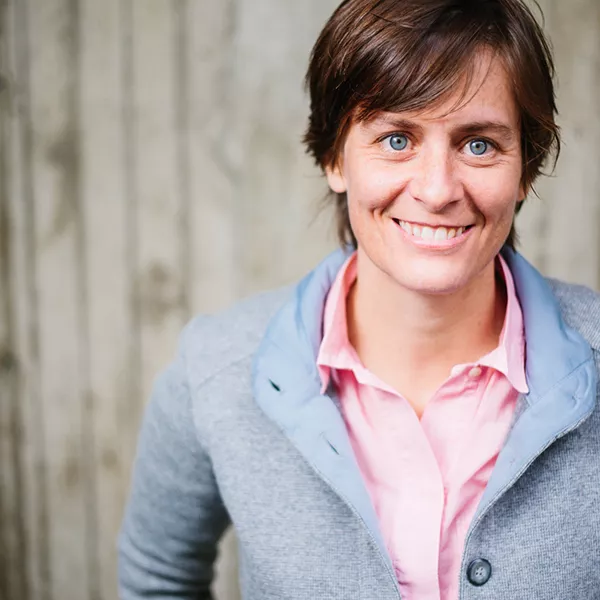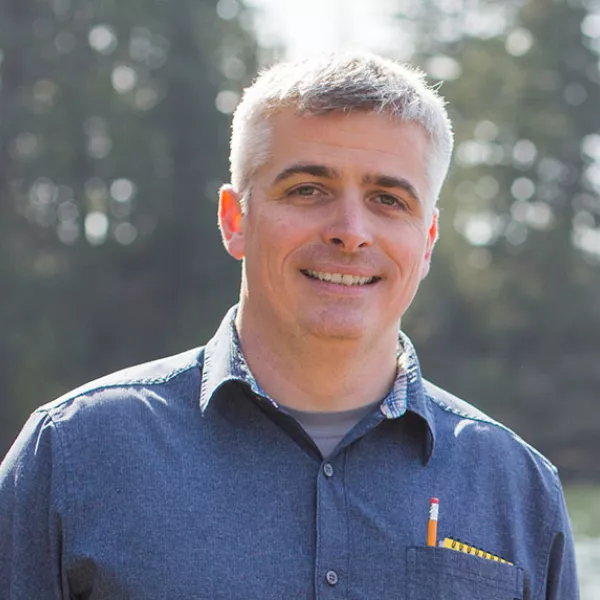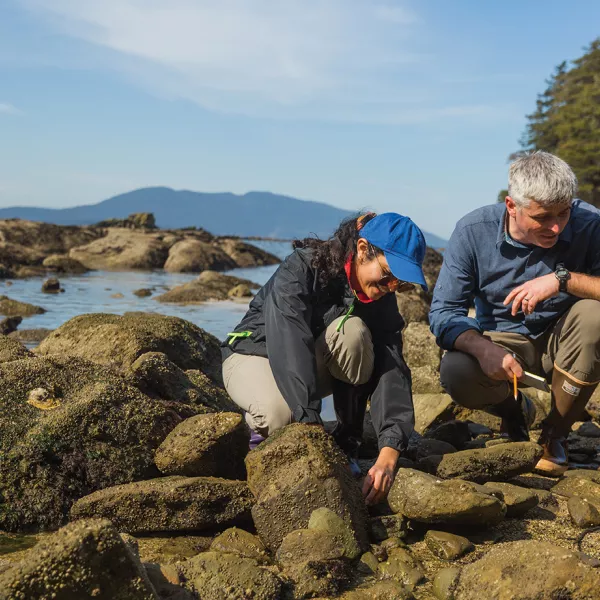WWU faculty are involved in two new multi-university research centers funded by the National Science Foundation: one devoted to the study of earthquakes, and the other focused on bridging Indigenous and “Western” scientific knowledge.
The Cascadia Region Earthquake Science Center (CRESCENT) will be the first center of its kind in the nation focused on earthquakes at subduction zones, where one tectonic plate slides beneath another.
WWU geology faculty members Colin Amos and Emily Roland are contributing scientists with CRESCENT, which will receive $15 million from the National Science Foundation over five years to study the Cascadia Subduction Zone and bolster earthquake preparedness in the Pacific Northwest and beyond.
The center will be based at the University of Oregon and will unite scientists from 14 institutions studying the possible impacts of a major earthquake along the subduction zone, an offshore tectonic plate boundary that stretches more than 1,000 kilometers from southern British Columbia to northern California. It will advance earthquake research, foster community partnerships and diversify and help train the next generation of geoscientists.
Amos and Roland will be part of the CRESCENT team tasked with developing a 3D model of the subduction zone and the faults impacted by its activity.
“(Another) important part of this project is about consolidating in one place all the existing fault maps and data from participating researchers and governmental agencies,” says Roland. “It’s a pretty massive undertaking, but also very exciting — and the more work we can do to build this model, the better our state and federal agencies can respond to the region’s future earthquakes.”
Meanwhile, WWU researchers will also partner in the newly announced NSF Center for Braiding Indigenous Knowledges and Science, a five-year, $30 million international NSF Science and Technology center based at the University of Massachusetts at Amherst. The center will focus on connecting Indigenous knowledges with mainstream “Western” sciences to address complex, evolving challenges from climate change, changing food systems, and dangers to irreplaceable archeological sites.
WWU Associate Professor of Environmental Sciences and Pew Marine Fellow Marco Hatch will serve as co-lead for the Pacific Northwest Hub and lead a place-based study on clam gardens in the Salish Sea.
“The Center for Braiding Indigenous Knowledges and Science represents a fundamental shift in whose voices and knowledges are heard and have authority in spaces that frequently privilege academic knowledge,” says Hatch. “By uplifting and celebrating practitioners we will center community-led restoration. CBIKS will span the boundary between Indigenous Knowledges and mainstream science. Using the braided approach, the Pacific Northwest Hub will foster equitable partnerships with communities.”
